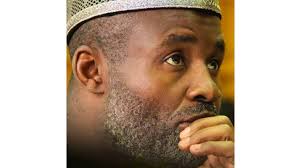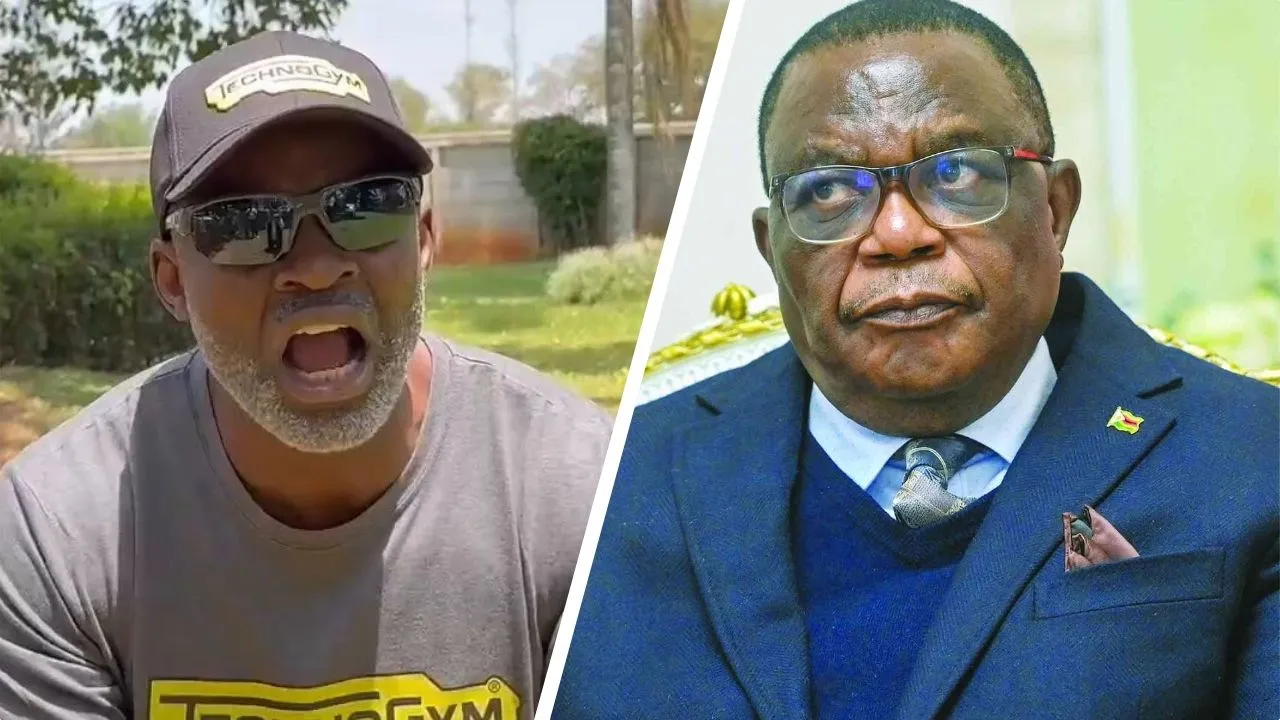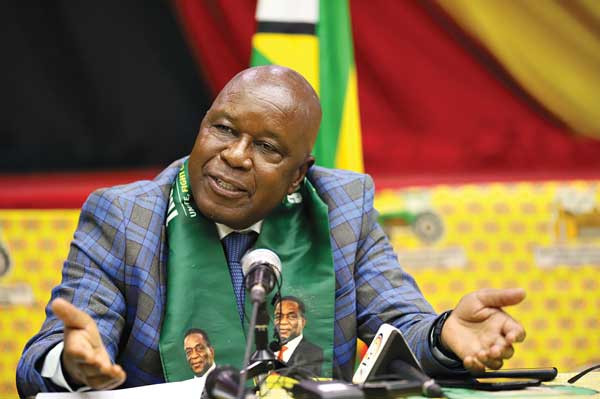By Desmond Nleya
While succession politics in the ruling party have never been smooth or predictable, recent developments reveal a disturbing new trend where politicians are now dragging their disputes into the barracks.
For years, the public accused the military of meddling in politics. Today, the situation has reversed, politicians themselves are attempting to politicize the military, using its officers, institutions, and symbols as pawns in their personal power games.
This is not only reckless; it’s a direct threat to national security and should be stopped
Former independent legislator Temba Mliswa has, in recent weeks, launched relentless verbal attacks on the Vice President, General Chiwenga, which we can tolerate and dismis as ordinary political rivalry.
But taking his rantings and extending them to the Vice President’s wife, Colonel Baloyi, a serving officer in the Zimbabwe Defence Forces, is a red line never to be crossed by politicians.
Mliswa accused her of running “a parallel structure” within military intelligence and even suggested she was behind a technical fault that disrupted the President’s parliamentary address.
Such allegations are not just unfounded but also deeply irresponsible. Colonel Baloyi is a serving officer who, by military ethics, cannot publicly respond. To use her name for political mudslinging is not only unfair but also a violation of military dignity and discipline.
If politicians can attack serving officers without consequence, what message does that send to the rank and file?
Mliswa’s remarks have opened a perilous door. If his reasoning is accepted — that a serving officer cannot serve because of who they are related to, then by the same logic, even the President’s son, who also serves in the army, would have to be barred from duty.
That is absurd.
Service in the military is not inherited privilege but is earned through hardwork,discipline, merit, and commitment to national duty.
Dragging family ties into political attacks demeans the professionalism of the Zimbabwe Defence Forces.
Mliswa’s public attack on the wife of the Vice President raises questions on politicians taking their game to the barracks.
Should politicians be allowed to publicly attack serving military officers who cannot defend themselves? Where is the line between legitimate political debate and reckless endangerment of national security? Why has the Commander-in-Chief no publicly defended the integrity of his officers. Is the military leadership doing enough to protect the institution’s image and its serving members from political abuse?
The Constitution is clear: the Zimbabwe Defence Forces must remain non-partisan, professional, and subject only to civilian authority, not political manipulation.
Allowing politicians to drag the army into public spats for headlines and handshakes undermines this sacred principle.
If unchecked, such behavior could destabilize the balance between political power and national security, because when politicians take their fights to the barracks, the country itself becomes the battlefield.
Politics
Don’t Take Politics to the Barracks: Mliswa must be stopped.



